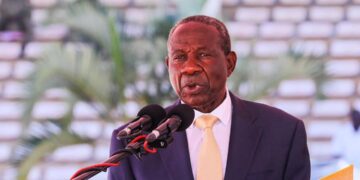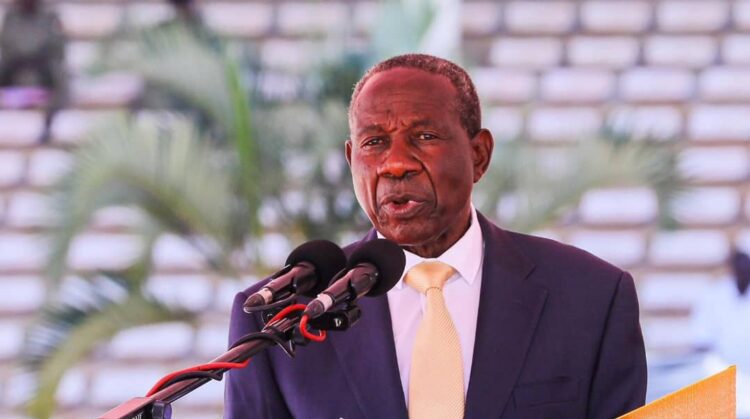KAMPALA
The government of Uganda has again borrowed loan of €270 million (approximately UGX 1.1 trillion) from African Export-Import Bank (Afreximbank) despite concerns of accumulating public debt burden
The ten-year term loan, was announced by the Minister of Finance, Planning and Economic Development, Hon. Matia Kasaija on Tuesday. According to the minister, the loan facility is earmarked to finance critical development and infrastructure projects outlined in the national budget.
“The funds are specifically targeted at investments in infrastructure and human capital development in the budget, to support sustainable growth and socio-economic transformation,” Kasaija explained.
He added that the financing will support a wide array of strategic government programs including value addition in the agricultural sector, development of the oil and gas industry, and projects in energy generation, transmission, and distribution. Furthermore, the loan will fund the development of special export processing zones, industrial parks, and the construction and maintenance of road, rail, and port infrastructure.
Minister Kasaija described the deal as a testament to the growing capacity of African financial institutions like Afrexim to support continental strategies and development objectives.
“This is a clear demonstration of the bank’s relevancy to Uganda and the African continent, as well as an expression of its confidence in delivering solutions tailored to the requirements of its member countries.”
In similar developments, the finance minister also announced that the bank (Afreximbank) has selected Kampala as the host for its new East African regional office.
“The office, currently under construction along Yusuf Lule Road in the central business district, will also house the Afreximbank Africa Trade Centre (AATC),” he stated.
This centre will according to the minister serve as a hub for the bank’s regional operations and other trade-financing activities.
Kasaija underscored that the investments reflect a strong confidence in the government of Uganda and shared vision to promote intra-African trade and accelerate development across the continent.
The injection of funds is expected to alleviate pressure on the domestic budget and provide much-needed foreign exchange to fast-track several high-priority government projects slated for the next financial year.








































